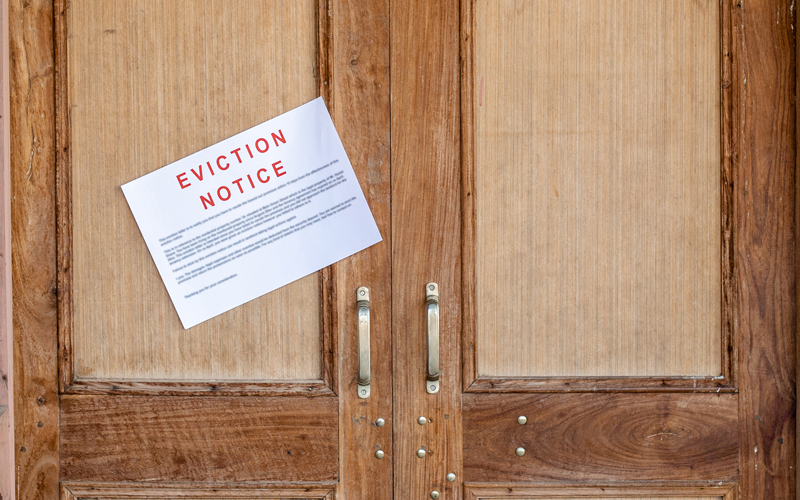A few years of stellar returns has convinced many people that investing in property is a sure thing. Just buy a reasonable place in a suburb close to a capital city, then sit back and watch capital gains accumulate… or so the thinking goes.
But before you start counting your money, we should warn you that being a property investor may not be all it’s cracked up to be.
Not only is it foolish to believe that prices will always appreciate, but any number of issues can spring up and turn your goldmine into a sinkhole.
Here are a few things to be aware of before jumping into the property market with both feet.
Expect the unexpected (expenses)
Before investing in property, the vast majority of people sit down and do their sums to work out whether they can actually afford it.
But at the end of the day, it’s difficult to account for all of the unexpected expenses that inevitably pop up.
Whether that’s fixing a leaky roof, the oven giving up or landlords’ insurance premiums increasing, the unexpected costs of owning an investment property can quickly add up.
Top tenants are hard to find
The dream for property investors is to find a long-term tenant willing to pay a reasonable rent and treat the property well while living there.
Of course, sometimes the dream is just that… a dream.
In some cases, you may have to accept a lower rent to fill the property, tenants might move out unexpectedly or cause damage, intentional or otherwise.
In slower markets, your property may sit empty for an extended period of time, meaning that you’ll need to stump up for the entire mortgage yourself.
Your time is money
Managing a property and dealing with the potential issues we’ve just outlined is a very time-consuming process.
Of course, it’s possible to pay other people to help you with many of these tasks, but that’s another expense that will eat into your overall return.
Property isn’t a sure bet
Last week we wrote about the potential headwinds for property prices.
These include higher borrowing costs as interest rates rise, banks tightening their lending standards, an increased supply of housing coming onto the market and a slowdown in China.
And when you consider the fact that property prices in many of our capital cities are at record highs, it’s more important than ever to think carefully about what you expect to achieve through your investment over the long-term and where we are in the property cycle.
Property can go down in value, as it is currently in some capital cities, as well as up.
Negative gearing means making a loss
Remember, despite the generous tax breaks you receive, negative gearing is not a guarantee of making money.
In fact, negatively gearing a property means you’re making an ongoing cash loss on the investment. So to make sense as an investment strategy, a loss-making property must appreciate in value over time to cover these losses.
And when you take into account the price headwinds we’ve just outlined, there’s no guarantee this will happen.
How to make it work
Of course, it’s not all doom and gloom: property can be a great long-term investment when approached sensibly.
It’s secure, tangible, offers great tax benefits and can produce a fairly stable income. However, before investing in any property it’s important to do your research.
Consider the risks outlined above, factor in a rate rise of at least two per cent into your repayment calculations to make sure you don’t borrow more than you can afford, and look for a reasonably priced property in an area that you believe has strong potential for capital growth and is attractive to tenants.
And if you do plan on managing it all yourself, be prepared for some hard work.
Good luck!





























Trending
Sorry. No data so far.